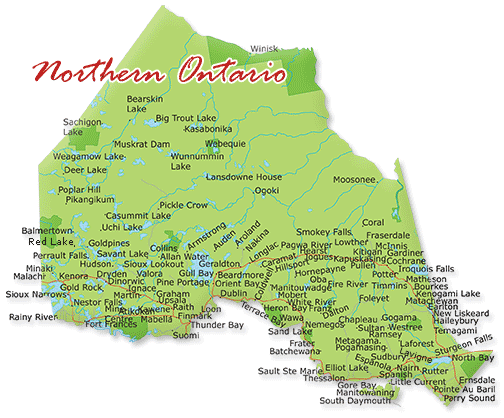I'll disagree with your assertion Jim.
As a platoon commander in Afghanistan, my platoon conducted over 100 patrols. While many of them were overt "presence" patrols into villages, a good proportion of them were ambush patrols or OPs done as they are taught in the schools. I know my fellow platoon commanders had similar experiences.
Both types of patrols - reconnaissance and fighting - still have a big role to play in the Infantry. They deny ground to the enemy and keep him on his feet. Afghanistan was indeed another "war of patrols" (with Korea being the last one).
In fact, I had a copy of B-GL-392-008 Ambush/Counter-Ambush and frequently referred to it. When I would lead a platoon patrol, I'd break out my Aide-Memoire that I've had since Phase III to make sure I was hitting all the steps. Patrol orders were no different then in the school house, and good rehearsals (especially if we had ANSF in the patrol) were conducted by my section commanders.
There are a few characteristics of the last war that influenced how we patrolled and we need to remember these:
1. The enemy was generally third-rate and had little ability to use manoeuvre to dominate us. If you were lazy or just unlucky, he could template you and put you in the hurt locker if you stepped into his KZ, but generally insurgent forces could only harass a friendly patrol;
2. All the extra "stuff" that a conventional foe would have that can make patrolling hard (arty, aviation, STANO) wasn't present, so patrols could afford to discount some security measures; and
3. Covert movement was very difficult, if not completely impossible, at times. The Arghandab greenspace is a densly populated area and people notice things fast; many efforts for covert patrolling are blown by farmers dogs barking. At times, this was used to our advantage - the enemy would know we were there because of the dogs going crazy, but wouldn't know where exactly we were.
Obviously, we won't have these advantages/disadvantages in the next shoot-up, so it is good to practice patrols against a near-peer foe to ensure we don't get complacent.




